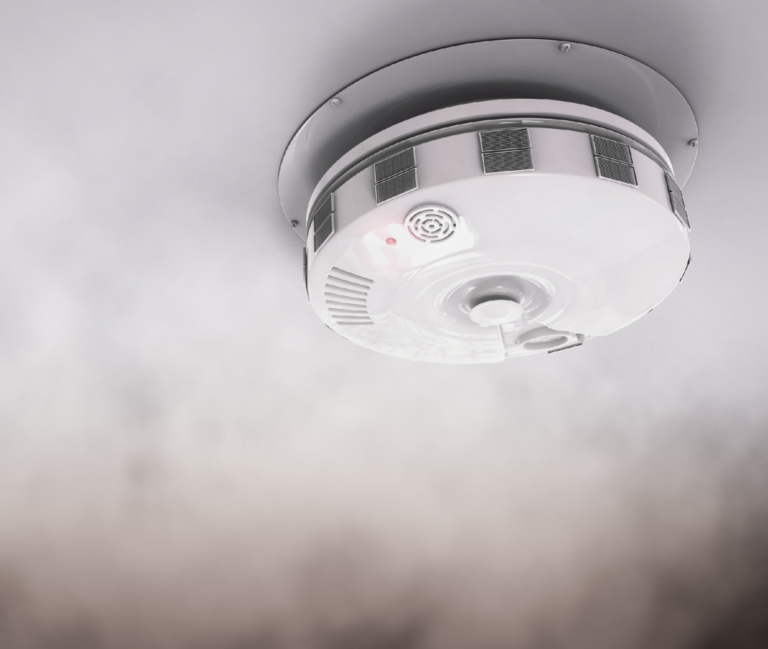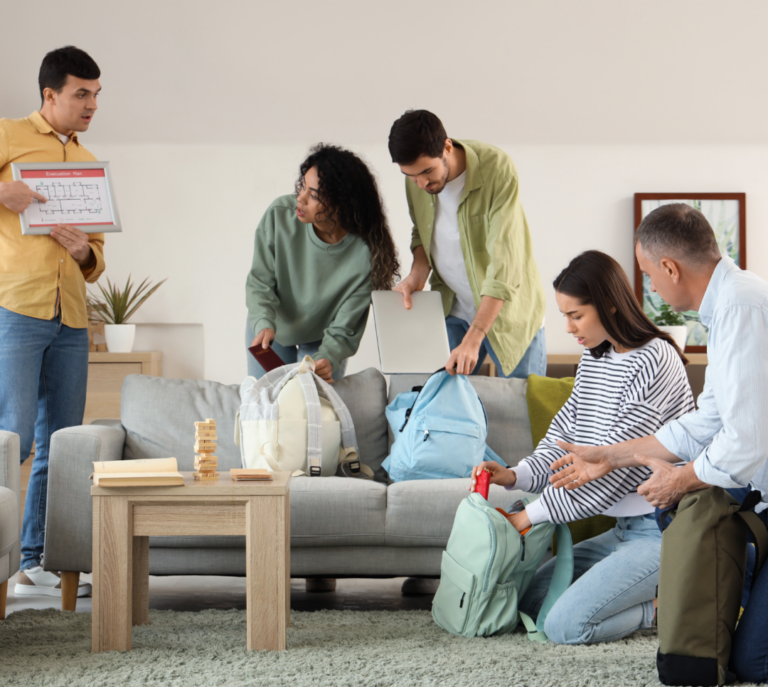

Essential Fire & Burn Safety Tips
Install Smoke Alarms: Place smoke alarms on every level of your home and test them monthly. Change batteries at least once a year.
Create a Fire Escape Plan: Develop a family escape plan that includes multiple exits and a designated meeting place outside. Practice the plan regularly.
Keep Flammable Materials Away: Store flammable items, such as gasoline and cleaning agents, in a safe area away from heat sources.
Use Cooking Appliances Safely: Never leave cooking food unattended, and keep flammable items, like oven mitts and dish towels, away from the stove.
Monitor Heating Devices: Keep space heaters at least three feet away from anything that can burn, and turn them off when you leave the room or go to bed.
Be Cautious with Candles: Use flameless candles whenever possible, and if using real candles, never leave them unattended and keep them away from flammable materials.
Educate Children: Teach children about fire safety, including the dangers of matches, lighters, and playing with fire.
Practice Safe Electrical Use: Avoid overloading outlets and replace frayed or damaged electrical cords. Ensure all appliances are used according to the manufacturer’s instructions.
Be Cautious with Hot Liquids: Keep hot liquids out of reach of children and use caution when handling boiling water or frying foods.
Plan for Fire Emergencies: Familiarize yourself with local emergency numbers and know the quickest routes to safety in case of a fire.
